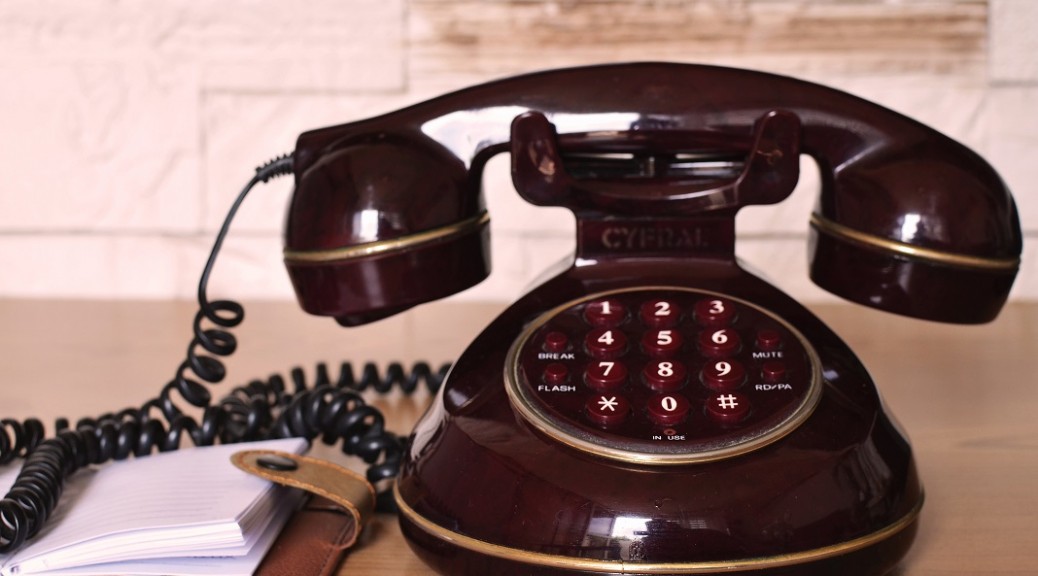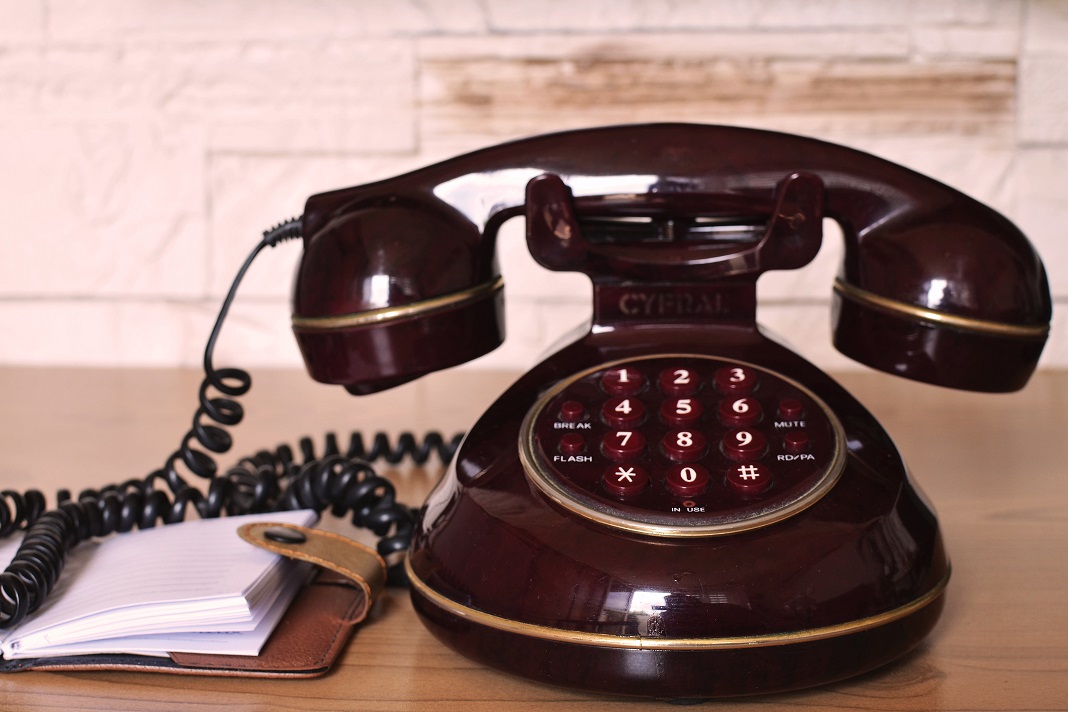More than three quarters (77%) of Americans aged 65 and older are now using cellphones. While they lag the general population (91%+), it is a significant increase over two years ago, according to recently released studies conducted by the Pew Research Center. Â But a much smaller group (only 18%) of this demographic has made the leap to a smartphone. The older the person, the research suggests, the less likely they have been to make the move to a smartphone.
In support of the findings, many of the seniors that I know tend to own older model cellphones that are either a) turned off, or b) not carried at all or used only under special circumstances (for travel and at insistence of family on special occasions), and c) are not used for more than actual phone calls.
But this is changing fast.
Seniors are showing a larger appetite for and are finding more value in larger format devices like tablets and e-readers. The Pew survey found 27% of seniors now own a tablet, e-reader or both (and that’s more than the public average).
Smartphone adoption should continue among seniors as new devices like the new Samsung Galaxy, Amazon Fire and Apple iPhone 6 continue to get larger and become easier to read and manipulate. In fact, the researchers at Deloitte predict that people 55+ Â (that would include Boomers through seniors) will experience the fastest growth in smartphone adoption in 2014, with 45-50% predicted to own a smartphone by the end of 2014.
Financial considerations for many seniors (especially those on fixed incomes) and confusion about career plans have no doubt led to a lag in smartphone adoption. But needing assistance to learn how to use the new devices and associated apps is one of the largest concerns by seniors (77%) in adopting smartphone technology, according to Pew.
This should be a concern to us in the technology industry. Shouldn’t we be making technology that is inherently simple to adopt? Shouldn’t we be designing apps for that –and, more specifically, with seniors in mind?
AARP thinks so. The organization just introduced a new tablet the RealPad aimed at this market. (I’ll cover this in more detail in my next column.)
During the recent national AARP event in San Diego, where AVG participated, we were concerned to learn that about one-third of the seniors we spoke to admitted that they use no security software on their smartphone or tablet devices. That suggests there is a lot of work to be done to help educate this audience on how to stay safe online.
Security of data is a primary issue when dealing with a smartphone or any smart connected devices – whether it involves sharing photos on social media, emailing or banking. Once online, Pew and others have found that the senior demographic is rapidly embracing social media (46%). In the brief survey of those who stopped by our booth on technology usage (we’ll share more details on this later), email was the most popular online application for the group, followed by banking.
Here are some simple tips for smartphone users to make data safer – applicable to everyone:
- Screen lock the phone. Setting your smartphone to require a PIN code or password for access after an inactive period is a relatively easy way to keep your data safe.
- Apply operating system updates. Often when our device prompts us to install an update, many of us simply ignore it. We shouldn’t. Many updates carry security-related improvements so update whenever you can.
- Think twice before connecting your smartphone to a public Wi-Fi hotspot, because just as with a PC, this kind of shared, unsecured connection can leave activity and data vulnerable to eavesdropping and theft.
- Beware of text message spam. Just like a web page or an email, text messages can be used for mischief. Especially if your device doesn’t have security software, links hidden in text messages can lead to malicious sites, unwanted apps and sometimes even expensive phone bills.
- Which brings us back to security software! Â Use it! Malware writers see the vast mobile market as a great opportunity to make some quick profit. In a world where your smartphones probably carries more of your sensitive personal information that your home PC, it’s a good idea to use some basic protection.
I am very excited that more seniors are embracing smartphones and tablets. Â They are great tools to keep connected with family and friends, be active and engaged. Â Now, we in the tech industry must catch up with them and provide the tools to make it more useful and enjoyable!




